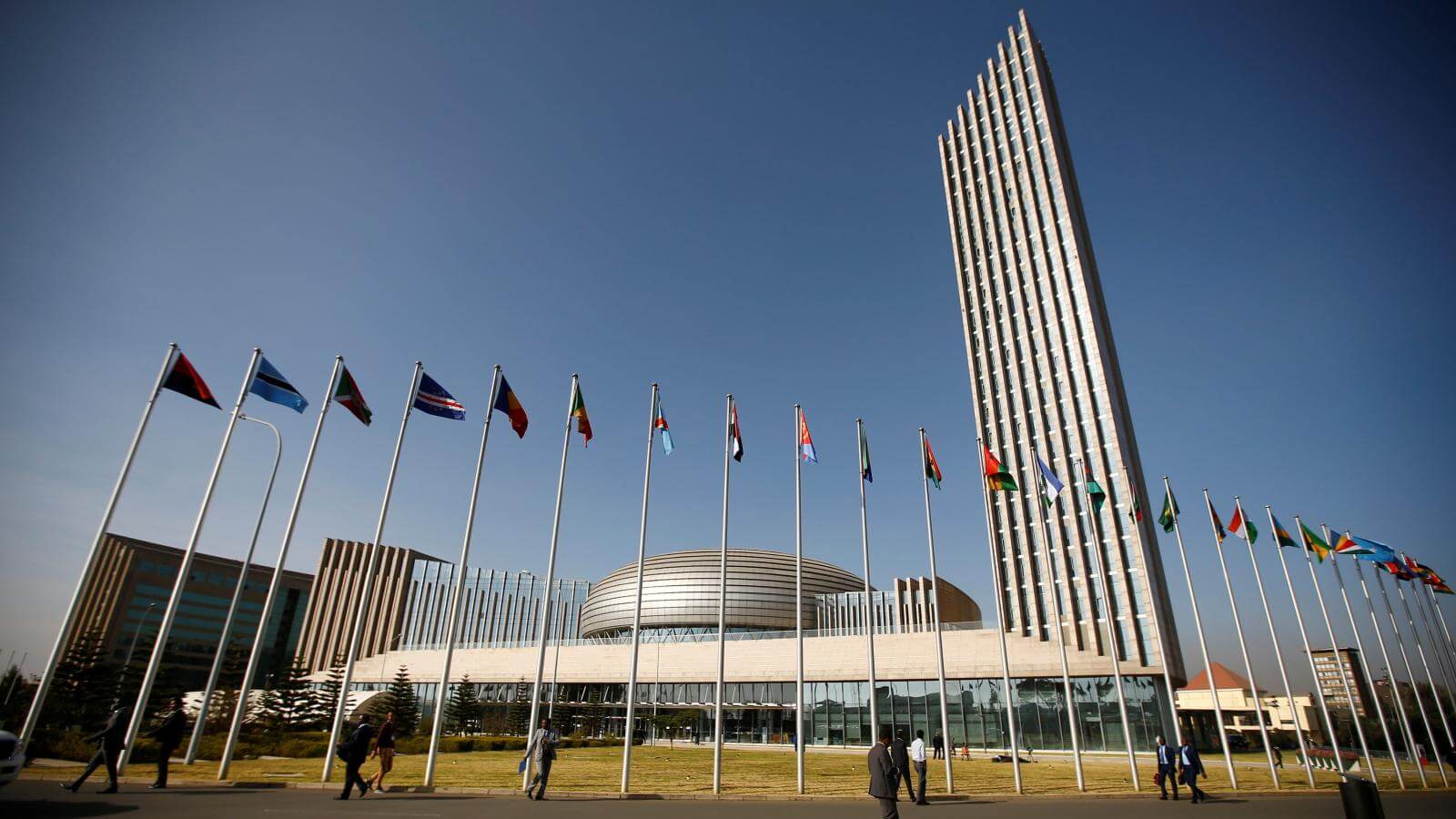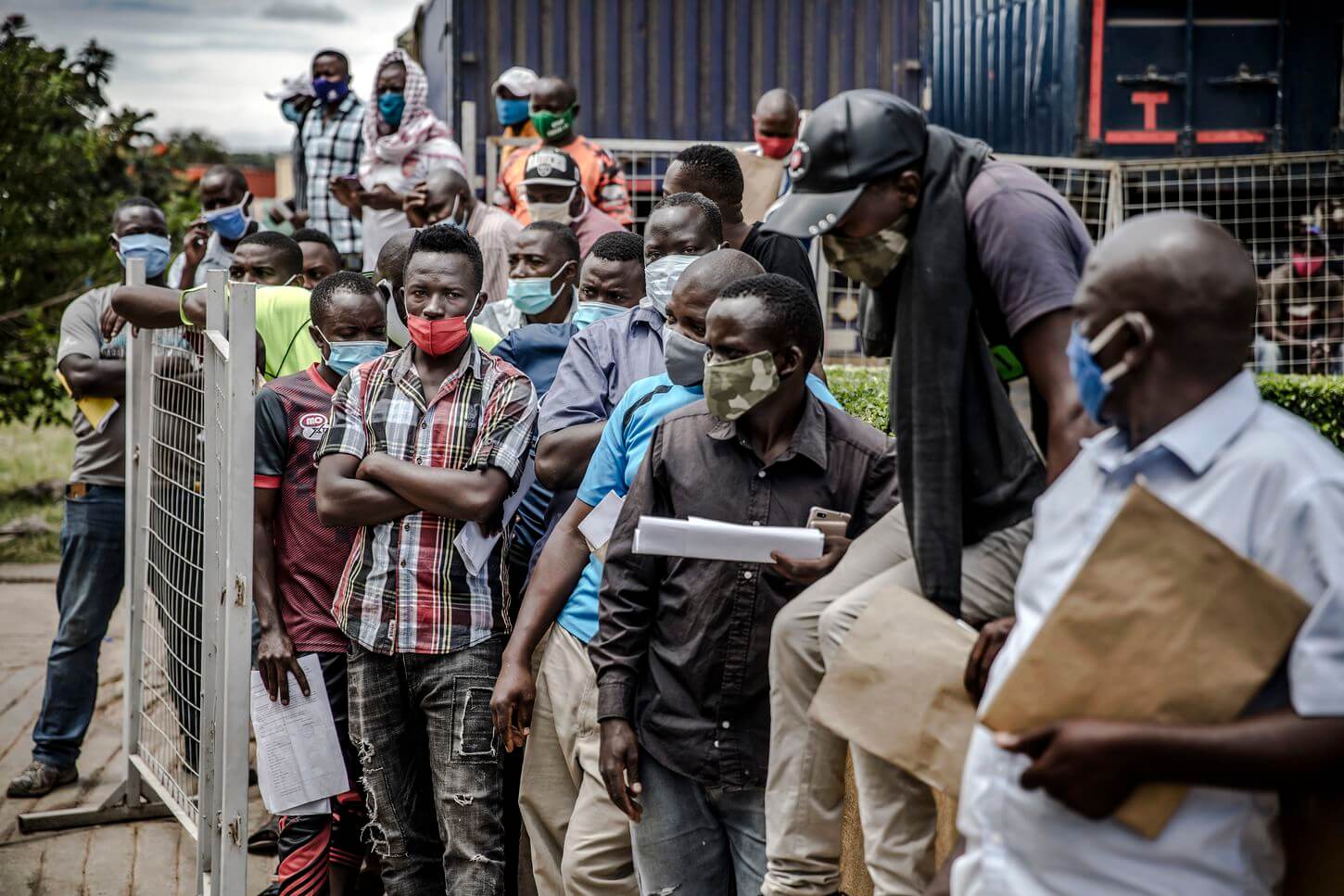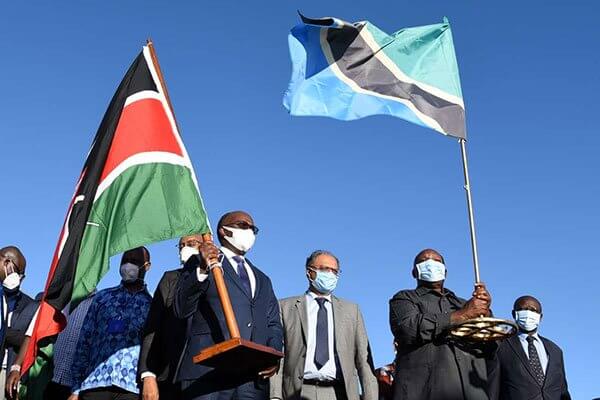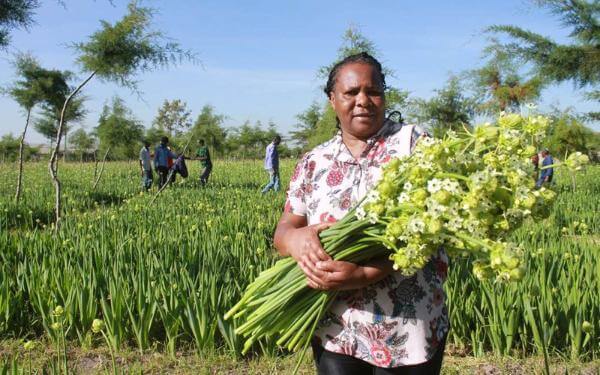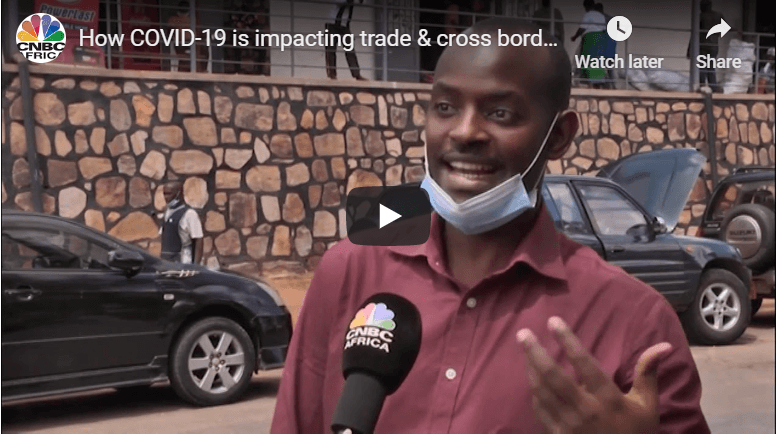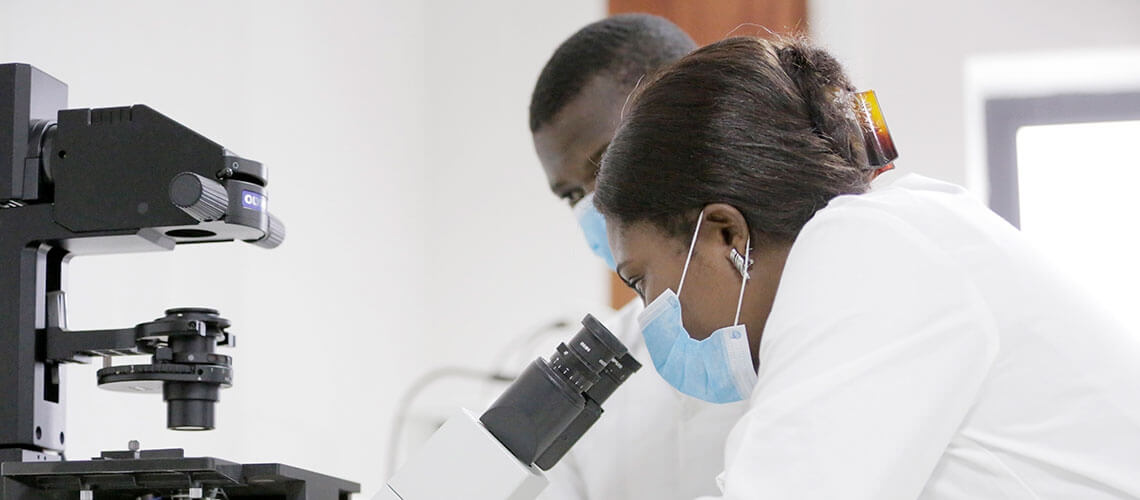Over the last few weeks, rumors—and then a few stories—have emerged that the long-expected implementation of the Africa Continental Free Trade Area (AfCFTA) agreement due on July 1 would be delayed for up to a year while the continent deals with an unprecedented economic crisis in the wake of the Covid-19 pandemic. While the African Union hasn’t formally confirmed any intention to pause their plans, it hasn’t seemed totally unrealistic this would be under consideration during such unprecedented times. AfCFTA, which was ratified by enough African countries last year, created the world’s largest free trade zone with a combined GDP of $3.3 trillion. Dropping trade barriers between African countries would boost trade on the continent by over 50%, according to some estimates. Others believe it would double intra-continental trade in Africa. But even with all the practical concerns around a pandemic which is not believed to have peaked yet on the continent, many long time supporters do not believe now is the time to delay the AfCFTA’s implementation—they argue the opposite. “The Continental Free Trade Agreement can be one of the most important tools of our economic recovery,” says Paulo Gomes, a former World Bank executive director and chair of the executive committee of AfroChampions, an African Union-mandated network to coordinate private sector discussions around AfCFTA. “If I’m an African finance minister I don’t have quantitative easing and the money printing money tools of the wealthier economies—trade can be our stimulus.” For Gomes and others this isn’t simply about intra-African...
Africa needs better economic integration, now more than ever
Posted on: May 29, 2020
Posted on: May 29, 2020

